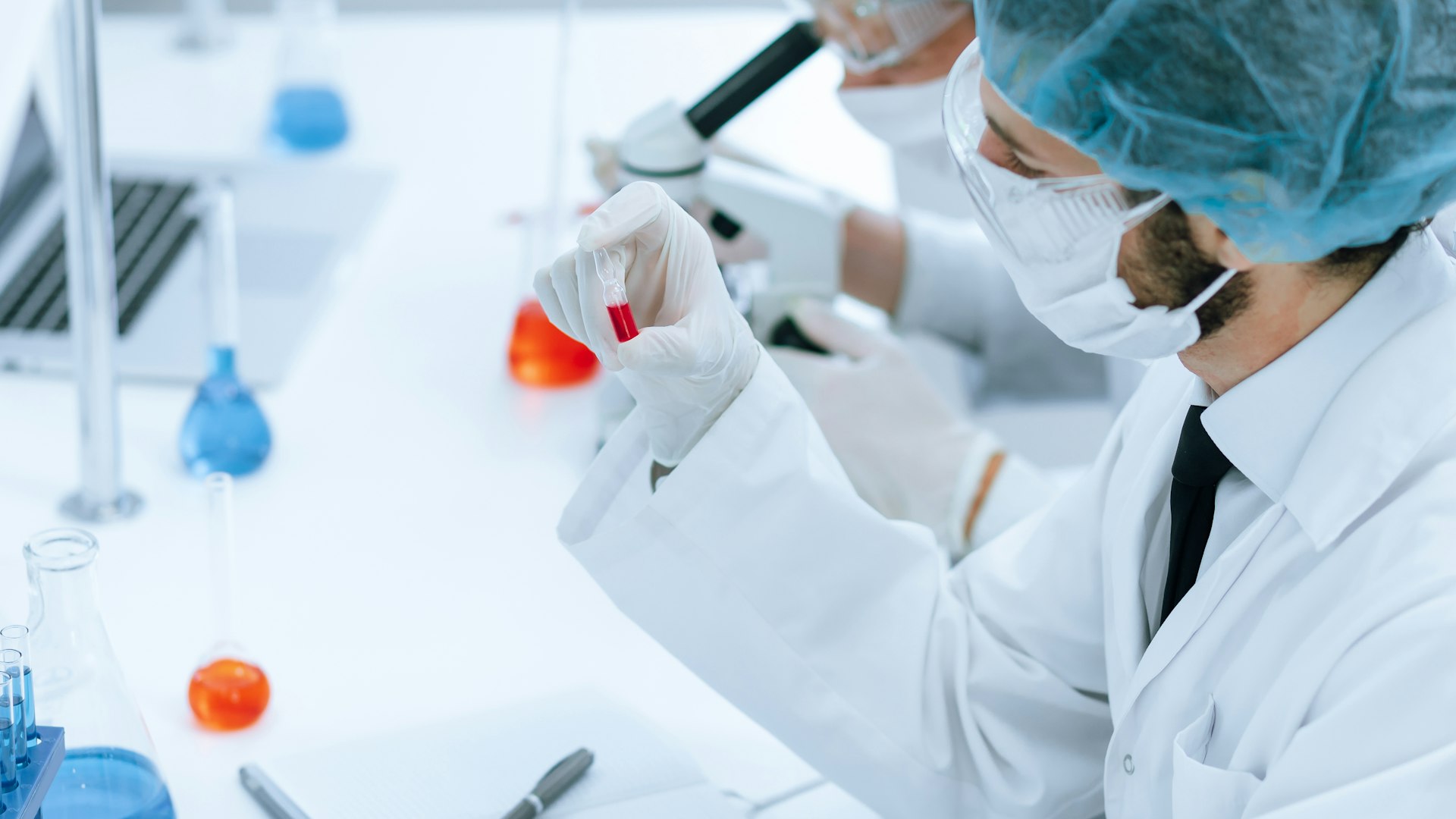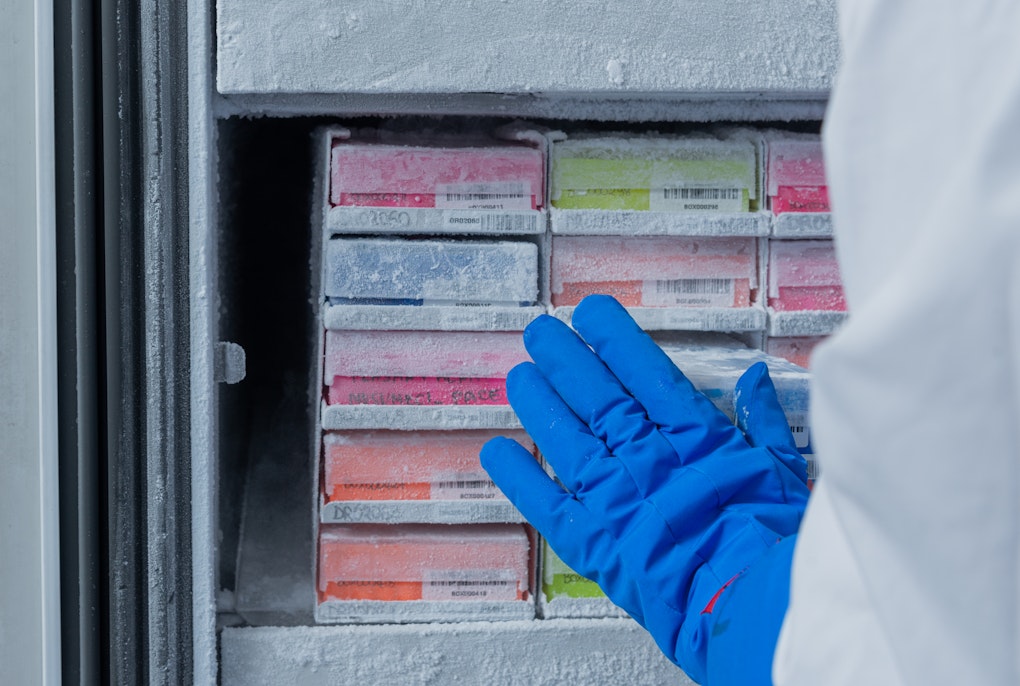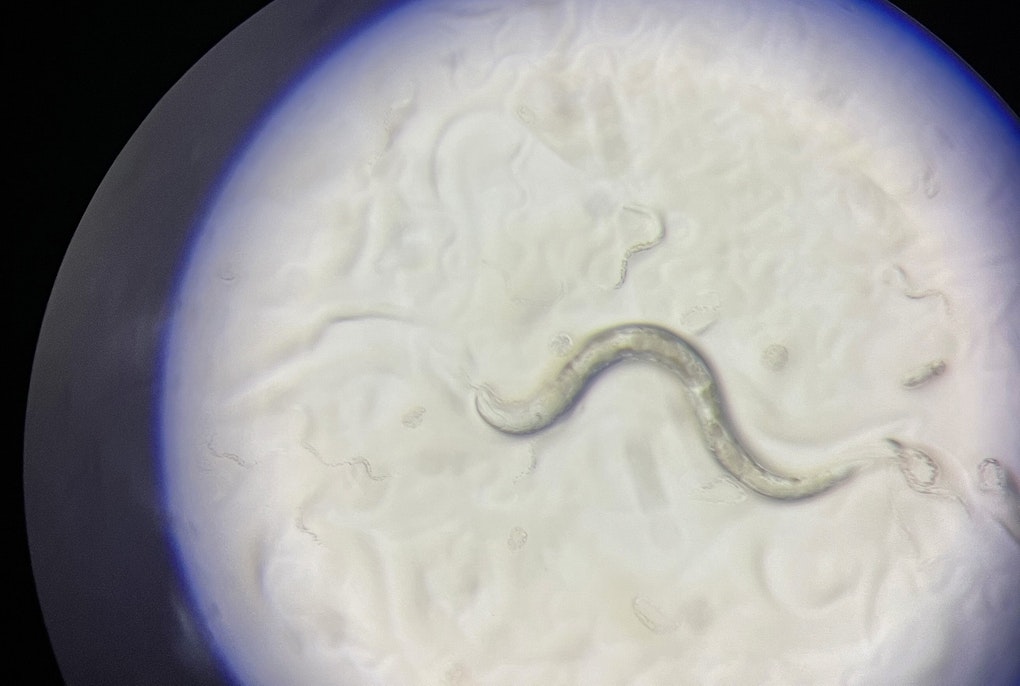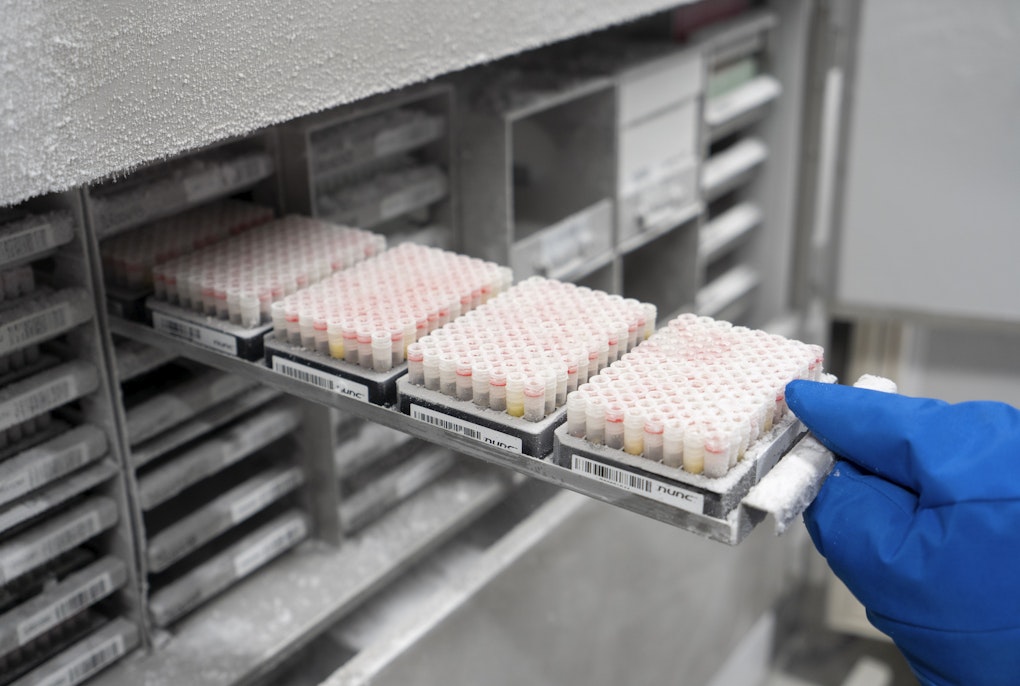magazine_ Article
"Shifting focus from disease to human health"
Synergy between Eurac Research and Human Technopole of Milan gives new life to health research in Italy
Eurac Research and Human Technopole have recently signed a three-year collaboration agreement. Once formalities were completed, researchers were already at work, collaborating side-by-side to enrich the CHRIS population study biobank and contribute to the future of medicine: investigating human biology to understand what happens before diseases occur.
The biobank of the CHRIS study carried out by Eurac Research collects biological, molecular and genetic data from 13,000 people living in Val Venosta. This is an important resource for scientific research which goes beyond the standard collection of clinical data. Over the years, researchers of the Institute of Biomedicine of Eurac Research have developed a dynamic platform which allows to correlate the information of each participant to the study – sample analysis, instrumental and genome-wide measurements, proteomic and metabolomic data, information on individual habits and medical history – drawing a complete picture of a person’s health. The platform is constantly evolving, enriched with new and more in-depth analysis and additional sub studies, carried out by recalling participants on the basis of specific clinical aspects or biological characteristics. The study is also strengthened thanks to its longitudinal nature: participants repeat the same tests every seven to ten years with the aim to increasingly integrate participants’ health data into the biobank.
The biobank is at the heart of the collaboration between Human Technopole and Eurac Research. Because of its overall characteristics, CHRIS stands out against other epidemiological studies for its ability to allow researchers to focus on what happens before the onset of diseases.
Future medical research must shift the focus from disease to people's health. How? More studies such as CHRIS in different Italian regions would be an excellent start.
Emanuele Di Angelantonio
“Medical research must shift its attention from disease to health. How? More studies like CHRIS in different Italian regions would be a great start”, underlines Emanuele di Angelantonio, Head of the Health Data Science Centre at Human Technopole. “The CHRIS study follows people’s health in a continuous way, ‘from molecule to disease’. It starts from an accurate biological, molecular and genetic knowledge of its participants and then follows any transition phenomena and the development of diseases. Population studies which follow this approach are at the basis of the future of medicine: a predictive and precision approach to medicine based on people’s biology”. The collaboration between Di Angelantonio’s group and Eurac Research aims to continue along the path traced by CHRIS and replicate this approach within Italian medical research. Advancing the development of heath data science in Italy is among the aims of the new centre based in Milan.
“Cohort studies are already ongoing in Germany, the UK and other countries. These are fundamental for deepening our knowledge in the medical field. In Italy, the local entities which have carried out population studies of this kind are still few, and the existing studies are unable to reach the level of biological detail which allows to work on precision medicine”, comments Peter Pramstaller, Director of the Institute of Biomedicina at Eurac Research. According to the two experts, the collaboration between the two institutes will lead to the creation of a strong competence centre on this type of research and could favour the kick-off of new regional population studies which in the future serve as a basis for a national initiative. Starting these studies from scratch is very challenging. Structuring the logistics, the ethical, legal and IT issues require years of work, but thanks to the collaboration with HT, the experience of the South Tyrolean group will be made available to other entities that will be able to rely on tested protocols and procedures.
Emanuele Di Angelantonio
He is a physician and Professor of Clinical Epidemiology at the Department of Public Health and Primary Care at the University of Cambridge. He works on big data analytics applied to the study of chronic diseases, blood donors, and cardiovascular risk prediction. He has been directing the Centre for Health Data Science at Human Technopole since July 2021, but his acquaintance with the Eurac Research team goes back much earlier with Angelantonio collaborating with the Institute for Biomedicine at Eurac Research in international consortia for three years and also having been a member of the Institute's Scientific Committee since 2021.
Peter Pramstaller
He is a neurologist and associate professor at the University of Lübeck and director of the Eurac Research Institute of Biomedicine. With the GenNova/Micros study, which was initiated in 2002 in a number of municipalities in the Vinschgau Valley, he contributed to the start of biomedical and genetic research in South Tyrol, an activity that was strengthened year after year with more in-depth studies and then with CHRIS. Pramstaller’s research focus is on the genetic and molecular causes of movement disorders, population genetics, and the translation of these research results into the clinic (translational medicine).
Human Technopole
Human Technopole is the new research institute for life sciences, located in the heart of Milan’s MIND area. The main mission of Human Technopole is to promote and contribute to the improvement of human health and well-being, with particular attention to the issue of aging. The research activity is organized in five seats of which the Centre for Health Data Science is the most recent. The Centre’s goal is to both advance and progress the development of health data science in Italy. Its activity is based on big data technologies that allow the analysis and integration of huge amounts of data from a multitude of sources, on the effectiveness of therapeutic treatments, economic and social behavior. https://humantechnopole.it






